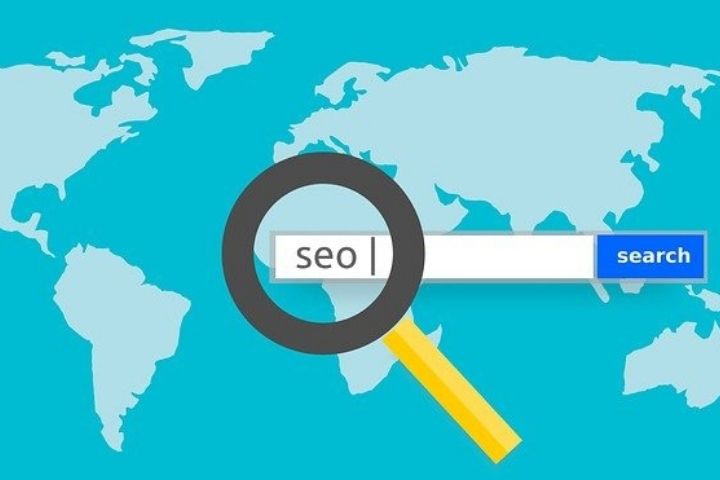In this article, we are going to discuss about complete information on SEO
Table of Contents
How Does Google Work?
Google is the most widely used search engine in Europe – in Germany, the market share is even higher than 90 percent. Therefore we could say that Google has control over the search market and determines which SEO methods are allowed and which are not.
When you do a search on Google, it displays the results lists in near real-time. But how does Google select the web pages that match the search query?
Crawler
Googlebot crawls (searches) billions of web pages a day for new and updated content and adds them to its index.
Index
For a website to be found using Google search, it must be included in the Google index. This is where Google stores information about the pages found.
Ranking algorithm
When a search is started, a suitable answer is searched using the positioning algorithm.
SERPs
Google uses 200 signals to search its index for the best result for the search performed. Search results (SERPs) are played as a result.
6 Good Reasons To Do SEO
1.SEO is free. First of all, there are no costs (compared to Google Adwords) to be shown in Google’s organic search results.
2.SEO brings relevant traffic. If you correctly interpret the search intentions of your users and provide them with the appropriate response (page), SEO is a qualitatively valuable source of traffic.
3.SEO is more relevant than SEA. 93.21% of clicks on Google search results go to organic results.
4.Reduce competition through SEO. Ranking positions in SERPs are limited (typically 10 results/page). With good SEO you can displace the competition by obtaining rankings by keywords and generating a greater presence in the Google results lists.
5.SEO strengthens the image. Brand awareness for target groups can be improved through increased visibility in search engine results.
6.SEO is measurable. The Search Engine Optimization performance of a website is, through the SISTRIX tool, measurable and, more importantly, comparable with all domains.
Google SERPs
A typical result in Google, one SERP ( Search Engine Result Page) usually consists of the following elements.
Google SERPs where the differences between Ads, SEO, and Universal Search are exemplified
SEA (Google Ads)
Most SERPs include four Google ads above and up to three ads below organic search results. All ads are marked with “Ad” to the left of the URL.
SEO
Among the paid search results (Google Ads) are organic search results. Typically, there are ten of these organic or natural results on a Google search results page.
Universal Search
The third search item is a universal search box. The results here are taken from other Google search products such as news, images, and maps, and are automatically integrated into the page.
Other SERP-Features
In addition to the three items described above, there are a number of additional SERP results that, depending on the type of search, may or may not appear in the results. Here are some examples:
Featured Snippet
An enriched snippet is an extended SERP snippet. Additional information can appear in the form of text, video, lists, or tables. The featured snippet will always be in the “zero position”, above the organic search results.
Knowledge-Graph
The knowledge graph will appear to the right of the search results in the desktop version. Contains a selection of information from places, people, and topics combined by Google.
Google Shopping
Google Shopping is usually located to the right of or above organic search results. Shopping inserts are usually arranged in a carousel or tile format.

